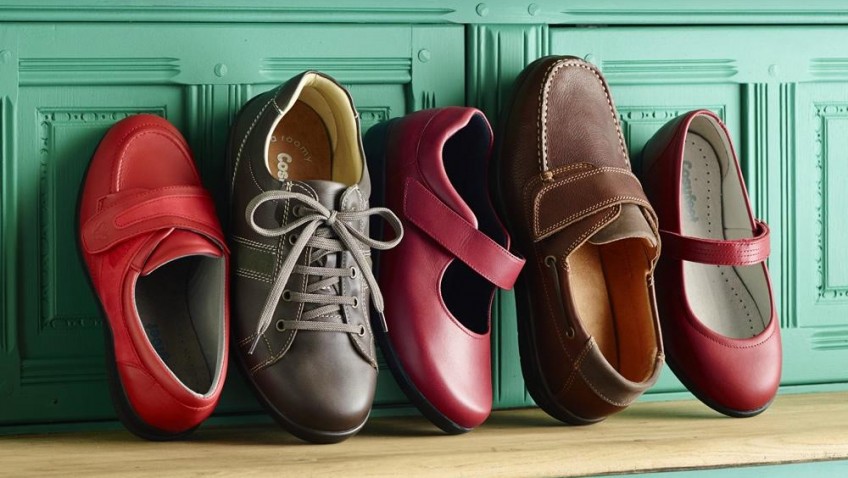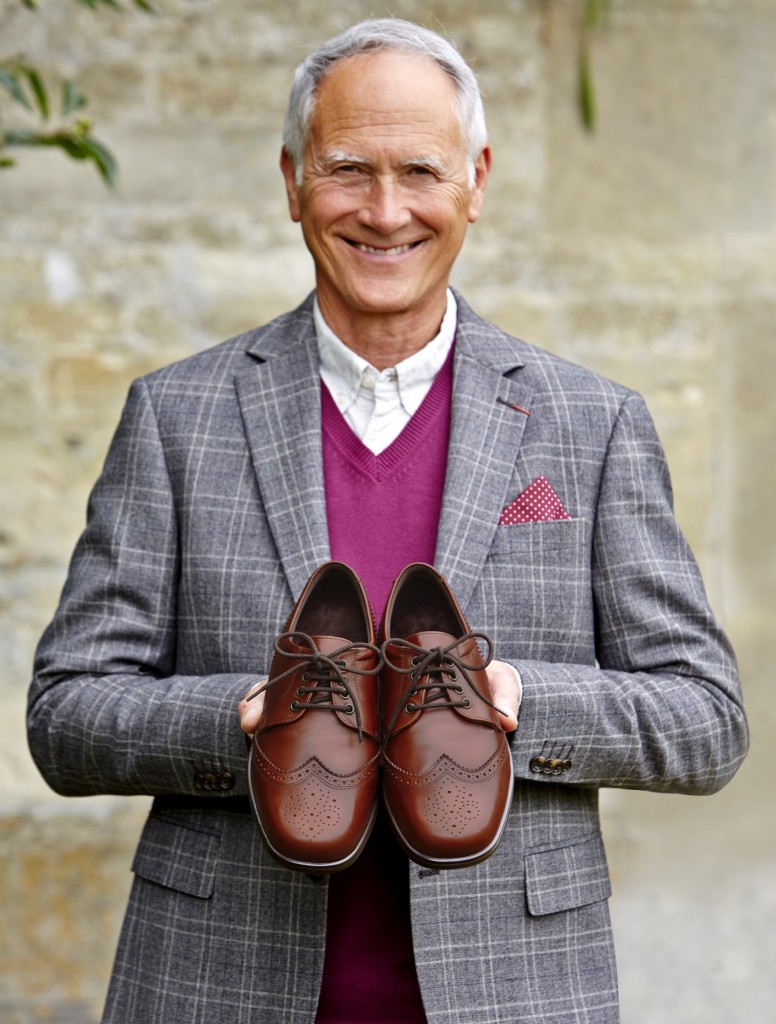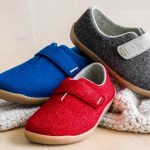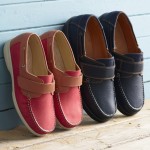Why properly fitting shoes can keep you fit into old age.
According to Leonardo Da Vinci, the human foot is a masterpiece of engineering and a work of art.
Caring for your feet is vital, particularly as you get older, as foot problems can rob you of your mobility and independence. One of the ways we can ensure our feet stay healthy is by wearing the right footwear.
Poorly fitting shoes can be very damaging to feet. They can contribute to a variety of problems including blisters, corns, calluses, heel pain and the development of bunions.
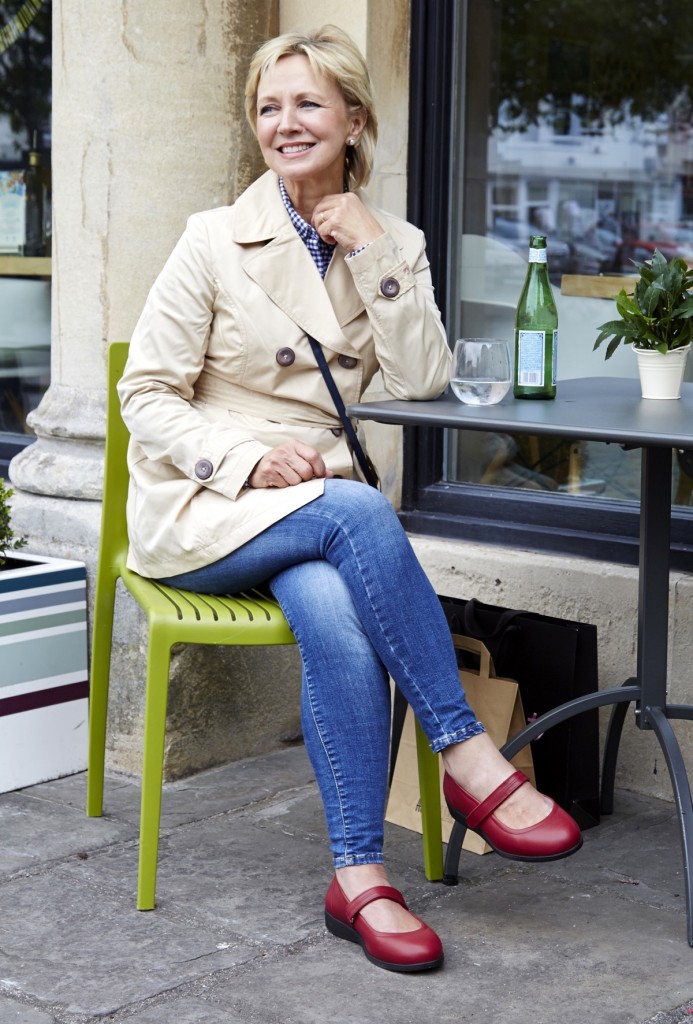 In fact bunions are rare in populations that don’t wear shoes and wearing footwear that is too tight is likely to make an existing bunion worse.
In fact bunions are rare in populations that don’t wear shoes and wearing footwear that is too tight is likely to make an existing bunion worse.
Tight footwear can also cause in-growing toe nails while loose fitting footwear is known to cause falls.
For both foot health and comfort, it’s essential that your shoes fit your feet correctly.
The Society of Chiropodists and Podiatrists recommend that you have your feet measured to check your shoe size. It’s not uncommon to experience an increase in shoe size by a half-size or more as we age.
That’s because we gradually lose the fatty pad that cushions the heel so our feet tend to spread, becoming wider and longer.
Weight gain also adds pressure – the more pressure our feet have to put up with, the more they will stretch or spread out. It’s also worth remembering that footwear sizes may vary according to brand.
The Society of Chiropodists and Podiatrists also recommend that you check the following shoe fitting points:
- Make sure there is 1/2 inch (1cm) of space between your longest toe and the end of the shoe – you can easily check this by pressing the upper to locate the position of your toes.
- There should be enough width in the shoe to accommodate your whole foot – there should be no pressure on the joints on the sides of your foot. Don’t rely on your shoes stretching over time.
- Shoes shouldn’t slip at the back. If the shoe slips when you walk, push your heel to the back of the shoe, then try altering the laces or straps to improve the fit against your foot.
- Choose leather uppers or materials that allow your feet to breathe and mould well to the shape of your foot.
- Feet tend to swell a little during the day so buy shoes in the afternoon when your feet are at their largest.
If your feet are very wide or swollen, look for footwear with an extra wide fitting. Cosyfeet specialises in footwear for swollen feet and have a range of extra roomy shoes and slippers that adjust to fit a variety of foot shapes and swelling.
They also offer VAT relief on their footwear if you have a chronic medical condition that affects your feet such as diabetes or oedema. To find out more about Cosyfeet footwear visit www.cosyfeet.com or call 01458 447275 to request a free catalogue.


